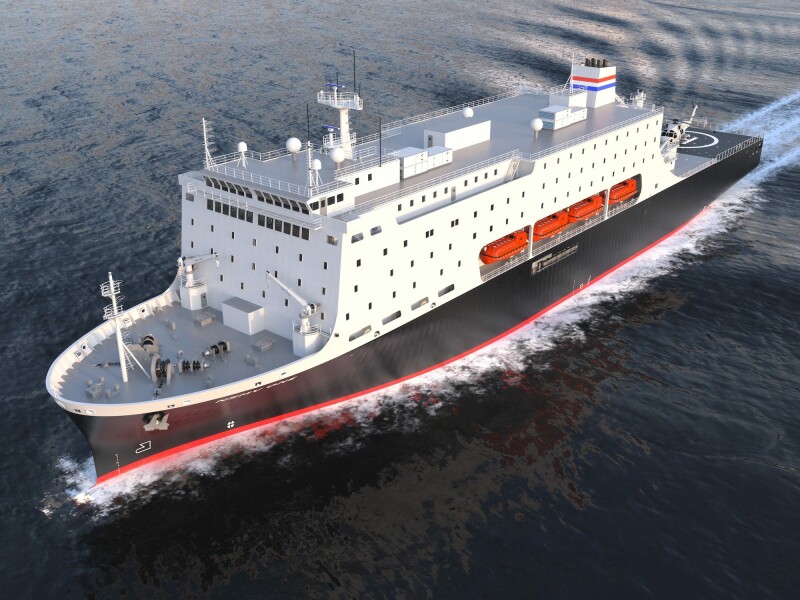Curbing sexual harassment in the maritime industry, funding inland and coastal ports, improvements and preparing for offshore wind development dominated discussion at a recent congressional hearing on the fiscal 2024 budget for the U.S. Maritime Administration.
The Biden administration has sent to Congress a proposed budget for Marad of $980.2 million, a 2% increase over current levels, to continue modernizing coastal and inland ports, fund commercial sealift programs, recapitalize the Ready Reserve Fleet, and support climate change programs, Ann C. Phillips, Marad administrator, said at a hearing before the House Transportation subcommittee on Coast Guard and Maritime Transportation.
The budget will also support grants for small shipyard infrastructure upgrades, expand marine highway projects and fund projects related to decarbonization of the maritime transportation sector.
Of particular interest to workboat companies involved in offshore wind, the budget includes $3 million for the Maritime Guaranteed Loan Program (Title XI).
Last year Marad designated vessels constructed or reconstructed for use in offshore wind farms as “Vessels of National Interest,” which gives such vessels priority for Title XI review and funding. “Since this designation, there has been a significant increase in interest in the Title XI program to support offshore wind vessels,” Phillips said. “The program has applications from seven projects under review including five projects for Jones Act-qualified windfarm vessels.”
The budget request also proposes financing much-needed improvements to infrastructure at the U.S. Merchant Marine Academy, and to pay the cost of new responsibilities at Marad and at the academy to curb sexual assault and harassment on campus and during the school’s Sea Year program, said Philips, a retired Navy rear admiral.
Under a law passed last year, commercial vessel operators must comply with new sexual assault and sexual harassment (SASH) standards to accept cadets from the academy’s Sea Year training program. To date, Phillips said there are 16 operators with a total of 140 vessels participating, and many others have undertaken their own measures to shore up mariner safety and SASH response. She told lawmakers that ocean-going vessels must now include SASH response policies in their safety management systems, and Marad has a new authority to withhold payments from companies participating in the Maritime Security, Cable Ship Security and Tanker Security programs if they don’t comply with policies to protect cadets.
Such measures “are just the beginning, not the end” of efforts to improve shipboard cultures, she said. “There is so much more to be done.”
Asked whether USMMA is still experiencing difficultly recruiting students, Philips said applications dipped last year but are recovering. As to another question related to the labor shortage in the industry, she said the Coast Guard is working to modernize the “antiquated merchant mariner credentialing system” to speed review of licenses that allow mariners to work.
The budget also proposes $53.4 million for the six state maritime academies that includes funds to help the schools upgrade docking facilities for new training ships and pay to operate and maintain them. Four national security multimission vessels, which will replace the current antiquated training ships, are now under construction. The first, the Empire State, has already launched and is expected to arrive at the SUNY Maritime in June, she said.




